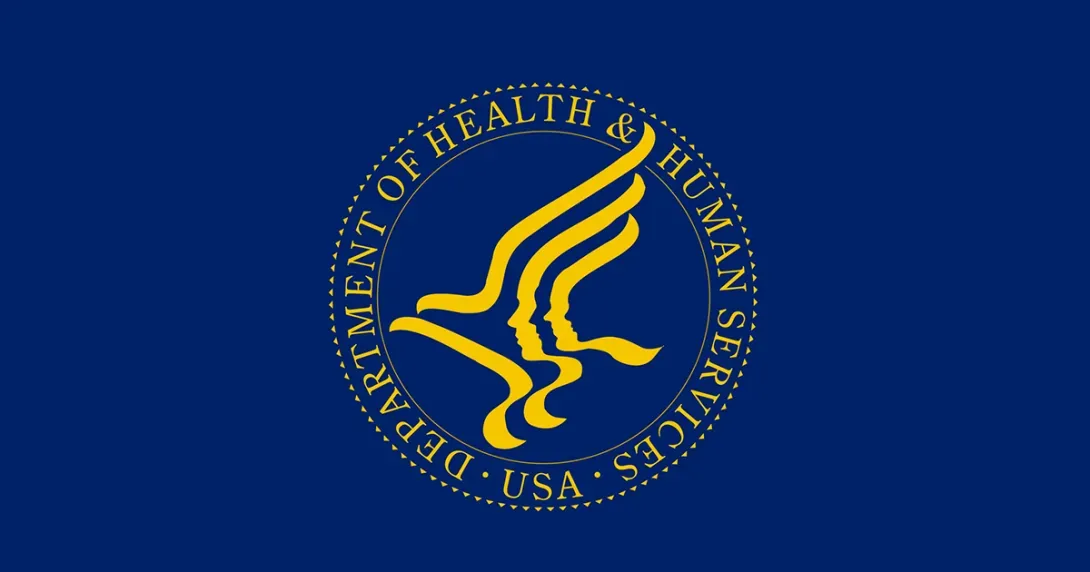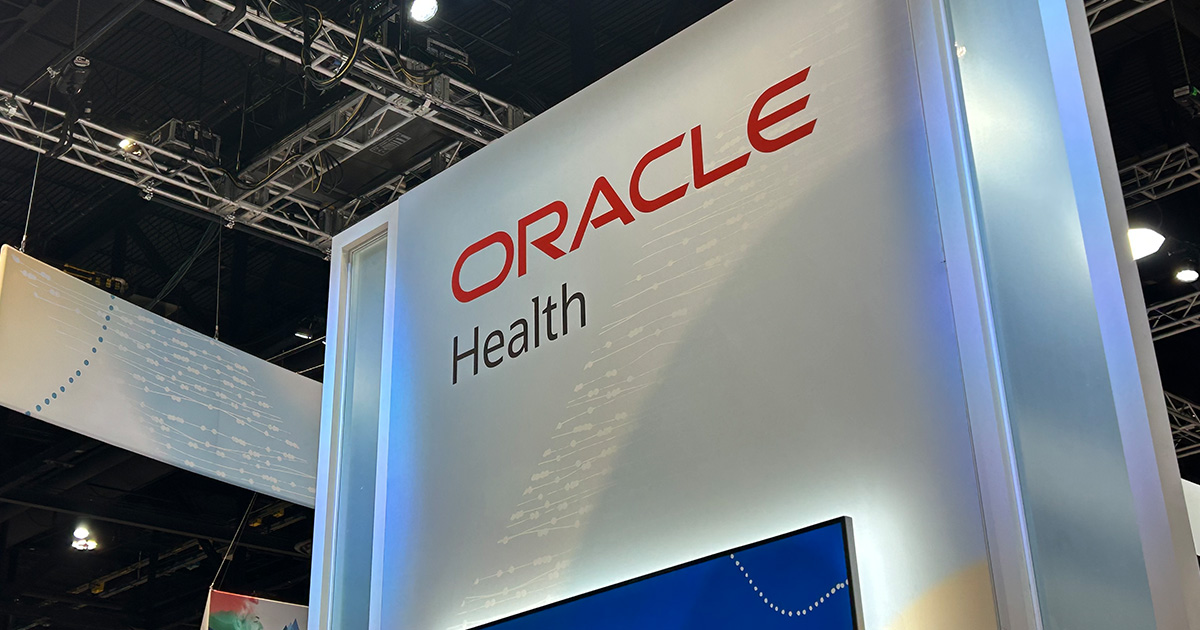
Image: Public Domain
AcademyHealth says it has won a legal victory to restore public health information removed from federal websites earlier this year – data that it says is pertinent to ensure researchers, clinicians, policymakers and communities make informed health decisions.
WHY IT MATTERS
AcademyHealth, a health services research organization, joined the federal lawsuit Washington State Medical Association et al. v. Kennedy et al. in May, seeking to restore removed data and establish legal protection against future efforts to prevent access to public health information.
Healthcare professionals, researchers and the public had been barred access to information that they say they need to protect and improve lives as a result of President Donald Trump's efforts to order bans on diversity, equity and inclusion earlier this year.
All information that the HHS had removed from the National Institutes of Health, Centers for Disease Control and Food & Drug Administration websites following the president's January executive order that meets restoration criteria agreed to in the legal settlement must be identified within two weeks, according to an announcement on Tuesday.
By Sept. 9, the U.S. Department of Health and Human Services must identify all the webpages that meet the criteria for restoration and explain any exclusions.
Anticipating that the court could limit the remedy to restoring only those datasets whose removal is shown to have caused concrete harm, the organization initiated an RFI to collect "specific, documented examples of harm caused by data removal or alteration."
"This is a clear win for evidence," said Dr. Aaron Carroll, AcademyHealth's president and CEO, in a statement. "Access to public health data isn’t just technical; it saves lives."
According to the organization, these contributors – including health researchers, clinicians and policymakers – strengthened the plaintiffs' case, showing that the loss of data had consequences that were immediate, tangible and harmful.
AcademyHealth said these contributors provided real-world examples of how the missing data affected their work, and the legal victory was a direct response to their needs, further validating the role they play in protecting information access.
The settlement also could establish a legal precedent that public health information, once made available, should not be arbitrarily removed, the organization said.
Once the data is restored to HHS websites, the healthcare community can again use the evidence to design interventions, track outcomes and allocate resources effectively, AcademyHealth added.
We have reached out to the agency for a response to the settlement and will update this story if one is provided.
THE LARGER TREND
In January 2025, when Trump's executive orders ended DEI programs across the federal government, it was expected to have a lasting effect on the healthcare industry, from how federal statute might be interpreted and academic medical centers funded to the threats of reduced diversity among medical providers and widened healthcare disparities.
The following month, a U.S. district judge, blocking orders to halt grants, said Trump's executive orders relating to DEI likely violated the Constitution.
Meanwhile, a recent open letter, signed by current and former CDC, NIH and HHS staff, has accused Health Secretary Robert F. Kennedy, Jr., among other things, of deliberate misinformation.
The letter, according to the Savehhs.org website it is hosted on, has more than 6,800 signatures since it was posted last month. But according to the agency's written response to the letter shared with Healthcare IT News, this year's federal public health reforms are "widely supported."
"For the first time in its 70-year history, the mission of HHS is truly resonating with the American people," HHS had said.
The letter asked RFK Jr. to stop spreading inaccurate health information, affirm the CDC's scientific integrity and ensure HHS' workers' safety by Tuesday.
Last week, the White House fired CDC Director Susan Monarez after she reportedly clashed with RFK Jr. over the agency's vaccine guidance, and an agency leadership shake-up ensued.
Chief Medical Officer Dr. Debra Houry, directors of the National Center for Immunization and Respiratory Diseases, the National Center for Emerging and Zoonotic Infectious Diseases and the Office of Public Health Data, Surveillance and Technology, and others resigned as a result.
On Wednesday, in the absence of a response to its requests from RFK Jr., Save HHS has posted a new letter asking for the health secretary's resignation. The organization cited the CDC shake-up and other actions, and asked other organizations, including the American Public Health Association and National Nurses United, to join in the call for his resignation.
"We warn the President, Congress, and the public that Secretary Kennedy’s actions are compromising the health of this nation, and we demand Secretary Kennedy’s resignation."
ON THE RECORD
"Restoring these webpages brings critical guidance and data back within reach," said Carroll of AcademyHealth in a statement.
Andrea Fox is senior editor of Healthcare IT News.
Email: afox@himss.org
Healthcare IT News is a HIMSS Media publication.


